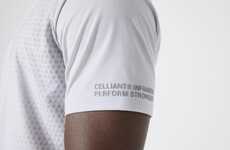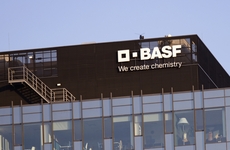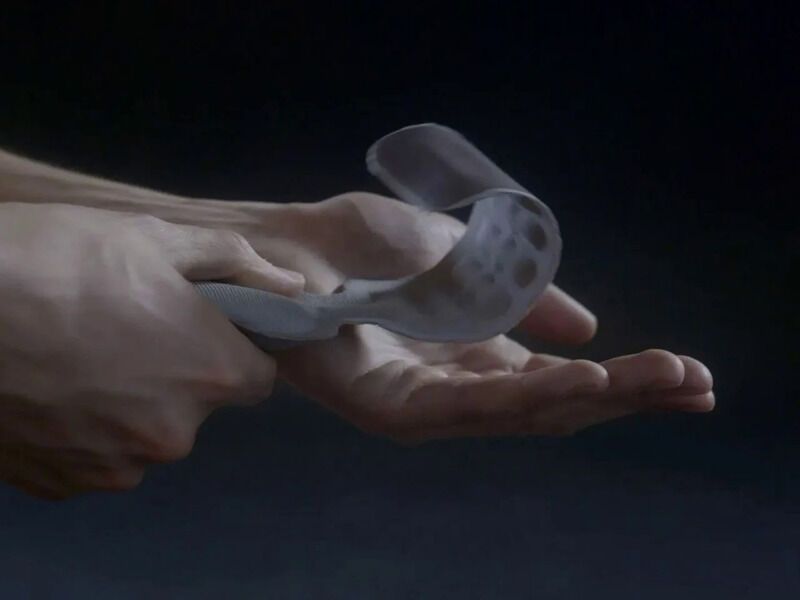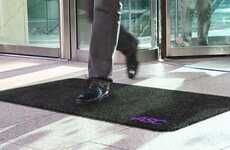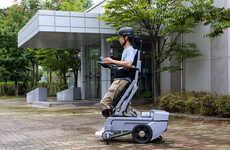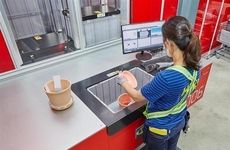
MotorSkins SELK Technology Brings Textiles to Life
Michael Hemsworth — August 30, 2024 — Tech
References: motorskins & yankodesign
The MotorSkins SELK technology is an advanced solution for the industry that incorporates an array of innovations to help identify how modern processes can be enhanced in the near-future.
The technology consists of soft robotics and fluid logic that works with software/API to achieve a cohesive system that can sense, react and adapt to surroundings. This would enable items to be dynamic and interactive in response to increasing demand for solutions that are integrated with advanced technologies. The technology thus shows promise for orthotics and the healthcare industry overall as a way to support users in a more fluid, organic manner.
The MotorSkins SELK technology also has sights set on revolutionizing the automotive industry with the ability to elevate cabin interior layouts with controls that react and adjust throughout the user experience.
The technology consists of soft robotics and fluid logic that works with software/API to achieve a cohesive system that can sense, react and adapt to surroundings. This would enable items to be dynamic and interactive in response to increasing demand for solutions that are integrated with advanced technologies. The technology thus shows promise for orthotics and the healthcare industry overall as a way to support users in a more fluid, organic manner.
The MotorSkins SELK technology also has sights set on revolutionizing the automotive industry with the ability to elevate cabin interior layouts with controls that react and adjust throughout the user experience.
Trend Themes
1. Soft Robotics Integration - Combining soft robotics with fluid logic can create textiles that dynamically interact and adapt in real-time to their surroundings.
2. Responsive Textile Systems - Developing textiles embedded with responsive systems offers a new level of interactivity and customizability for various applications.
3. Adaptive Control Interfaces - Enhancing user experiences by implementing adaptive control interfaces within textile applications revolutionizes how products relate to their users.
Industry Implications
1. Healthcare Technology - Innovative textile technologies provide advanced support and functionality for orthotics, improving patient care and mobility.
2. Automotive Design - Integrating responsive textile systems within vehicle cabins elevates user comfort and interaction, transforming the driving experience.
3. Wearable Technology - Smart textiles that dynamically adapt to environmental stimuli open new possibilities for wearable technology, enhancing user convenience and functionality.
6
Score
Popularity
Activity
Freshness




